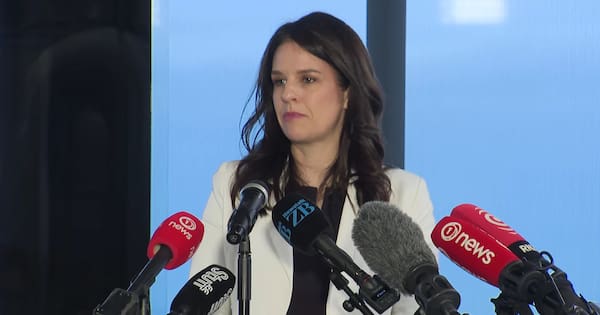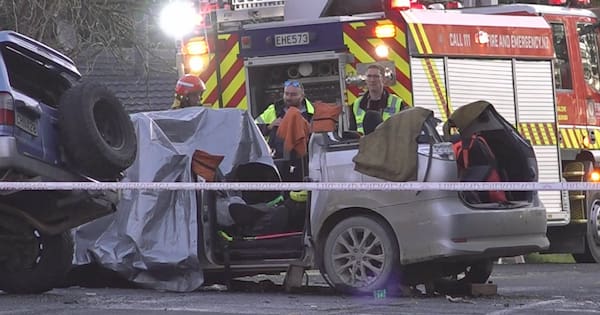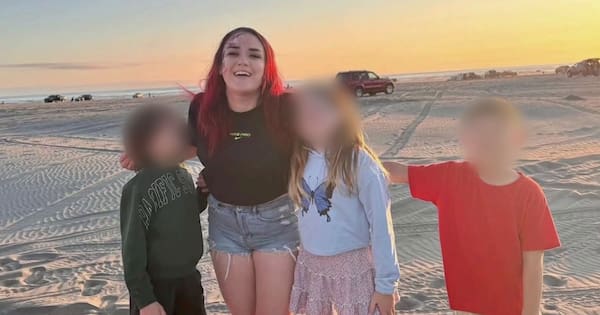Yesterday, Alliance — the wholly farmer-owned co-operative — confirmed the rumour the Irish company was planning to take a majority stake.
The deal is subject to shareholder approval and will require a minimum of 75% shareholder acceptance of those who vote, and greater than 50% of all shareholders voting yes at a special general meeting in Invercargill on October 20.
If shareholders did not support the investment, the Alliance board would be obliged to enter into a process led by its banking syndicate which might involve possible asset sales, site closures and further cost-reduction initiatives, the co-operative said.
Alliance is a major employer in the South with plants at Pukeuri, Mataura and Lorneville, along with Nelson, Dannevirke and Levin. It is owned by more than 4000 shareholders.
If approved, the investment would reduce Alliance’s short-term working capital facility by about $200m, accelerate the board’s strategic capital expenditure programme and enable the distribution of up to $40m to the co-operative, subject to shareholder livestock supply, it said.
Alliance chairman Mark Wynne said the announcement came after a two-year process to reset and recapitalise the business.
Last year, Alliance appointed Craigs Investment Partners to explore external capital-raising options after posting a full-year after-tax loss of $95.8m for the year ending September 30, which followed a $70.1m loss the previous year, yet a record $116.3m profit in 2022.
Established by three farming families in 1980, Dawn Meats has 24 facilities and more than 8000 employees in 10 countries, processing more than 3.5 million sheep and 1 million cattle per annum, with a core annual turnover of more than $5.8 billion.
Speaking to the Otago Daily Times yesterday afternoon, Alliance chief executive Willie Wiese said feedback on the proposal included mixed views but was predominantly supportive.
The business had been built up over generations and that was valued. Farmers had questioned if the company could trade its way out.
Despite the challenges it had faced, it would be profitable this year. But an issue was the debt it was dragging along.
When the record profit was announced in 2022, the company also had $107m debt at that time.
It had taken two years but the company was now in a very different space and was a very different business.
“We can trade our way out of it but the time it will take is far too long from a banking perspective,” Mr Wiese said.
While Alliance would be working hard for a yes vote, Mr Wiese said he would also be relentlessly working on “what if” the proposal was rejected. It would be up to the banks to determine what that would look like.
Yesterday, James Anderson, who with fellow Waikaia farmer David Pinckney implored shareholders attending Alliance’s last annual meeting in Gore in December to support 100% farmer ownership, said he was now “trying to drive down the middle line”.
While canvassing support to retain farmer ownership, Mr Anderson spoke with fully paid-up Alliance shareholders who were “disgruntled” with the co-operative’s management.
They had gone to competing companies, either with all or some of their stock and they wanted change.
These were younger farmers from intergenerational farming families and they were “disgruntled about this very stoic attitude of why we have to be 100% farmer-owned”.
“What I know is bankers and our young farmers are seeing the business in a different light than what I am,” he said.
Mr Anderson, who started supplying Alliance shortly after starting farming in 1987, said the “elephant in the room” had been the drop in livestock numbers and the government’s slow response to landuse change.
Federated Farmers meat and wool industry group chairman Richard Dawkins urged farmers to attend farmer roadshow meetings — which begin on September 29 — to understand what was proposed so they could make an informed decision.
“Apathy is not a solution,” he said.














